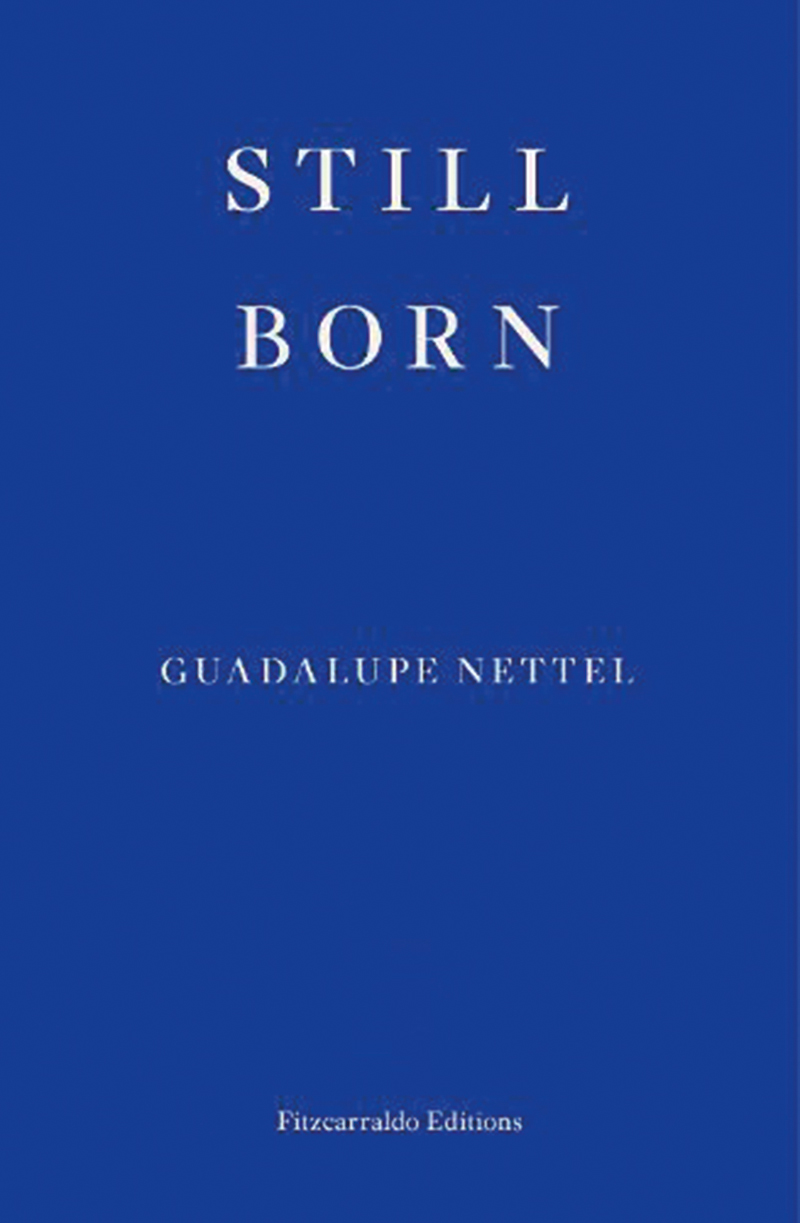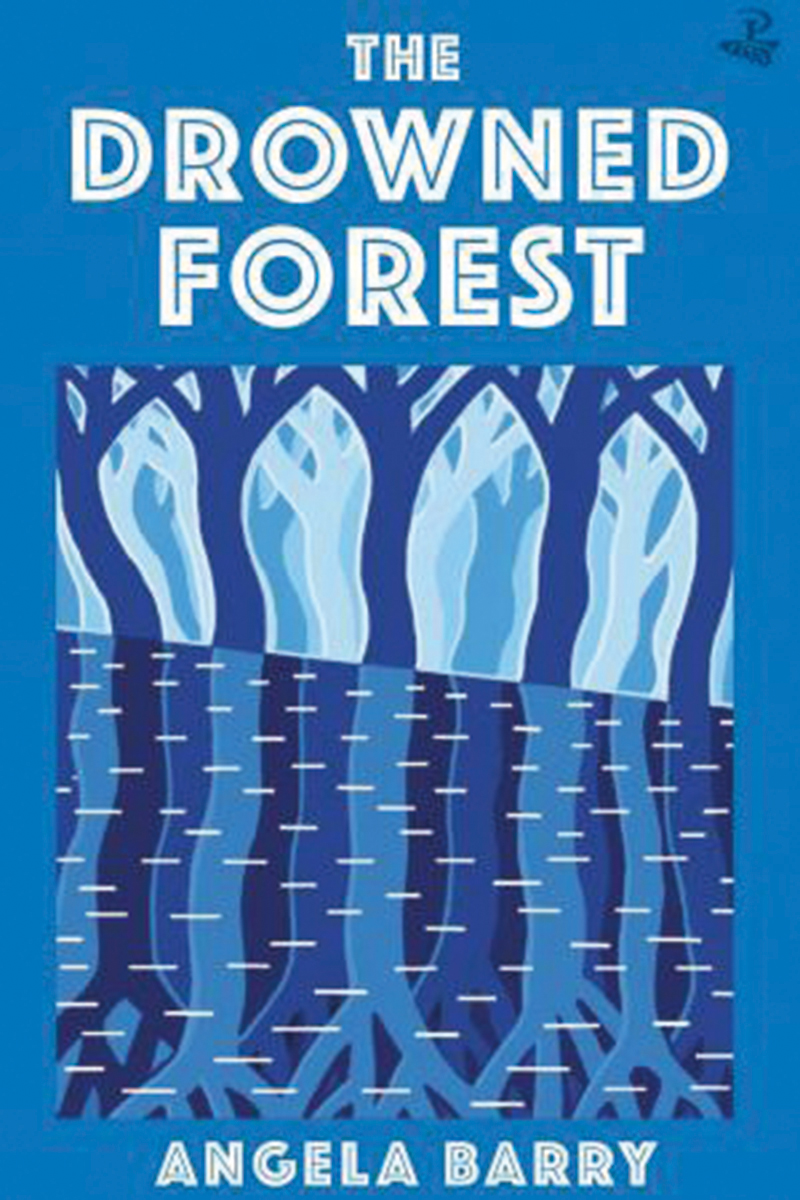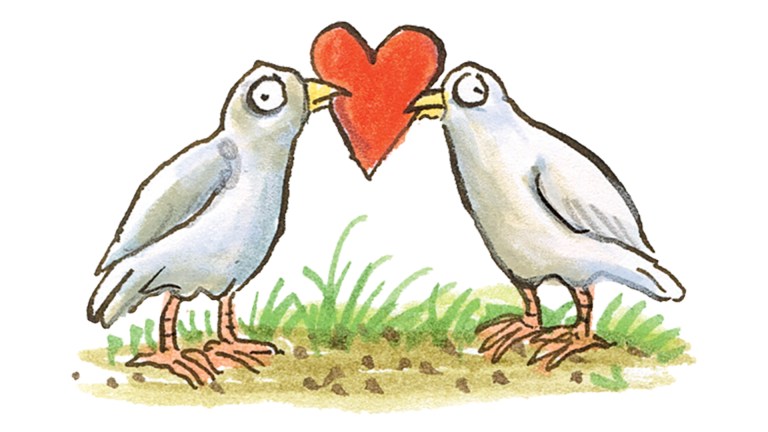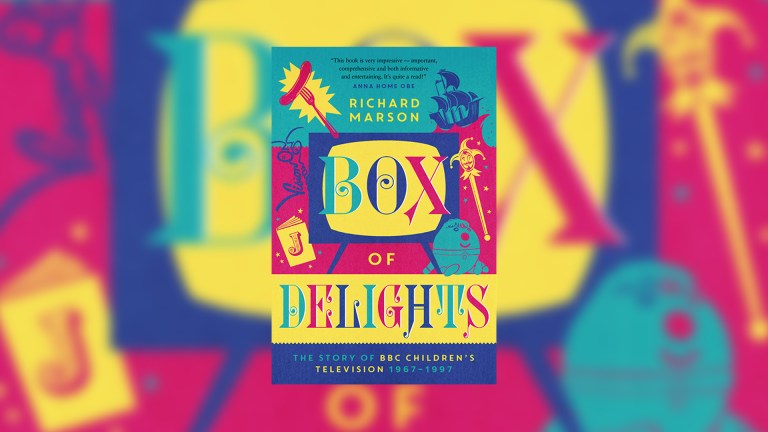
Still Born is a novel that reckons with the many complications of motherhood with extraordinary grace. In limpid prose, Guadalupe Nettel, as translated by Rosalind Harvey, offers various epiphanies about becoming a parent. “We have the children that we have, not the ones we imagined we’d have, or the ones we’d have liked,” is one crucial statement voiced by the narrator, Laura, a PhD student in her mid-thirties, who speaks with an almost omniscient clarity.
Her main observations involve the trials experienced by her friend, Alina, a curator, who is desperate to have a baby. Originally, Laura feels betrayed when Alina announces this desire. They have, after all, spent years bonding over their mutual desire to be childless. Laura has recently been sterilised to ensure this. But, while supporting Alina with difficulties that arise during her pregnancy, Laura acknowledges her own fraught maternal instincts. Encounters with her next-door neighbours further force her to question her conceptions of mothering.
Care, as enacted in Still Born, is both a form of labour, often begrudgingly performed, and an opportunity for fulfilment. Nettel shrewdly considers the emotional nurture that lovers and friends, as well as parents, can provide. It is through tender acts of care-taking that their relationships survive, as characters work together to create their own chosen families. Still Born embraces both the joys of motherhood, and all the milked-up gunk, guilt-tripping and agonising. The decisions made are never straightforward. But this novel is vital in its emphasis on the right for people to make their own choices about their own bodies.
Angela Barry’s novel The Drowned Forest is a powerful exploration of Bermuda’s colonial legacy, deftly unpacking strata of class, race, privilege and education as they encircle the lives of characters living on the island. The story is mediated through several perspectives, centring around Genesis, a Black teenage girl, who has been through the care system and faces the prospect of incarceration after defending herself from a bully.

(Peepal Tree Press, £9.99)
Various figures from different cultures on the island come together to prevent this happening: philanthropist Tess, a white woman who has inherited hideous wealth (and guilt) from her colonial forefathers; Lizzie, a snazzily dressed insurer, finding a home away from her Portuguese Catholic family; and Nina, a Black middle-class nurse in mourning, who is intent on ensuring that her charge keeps on the straight and narrow. As they collaboratively attempt to take care of Genesis, each woman appears hell-bent on shaping her to fit into their own definition of what a respectable young lady should be.
Genesis offers perceptive, witty observations about her guardians’ foibles; her voice rings clarion-like throughout the narrative, evoking the ache of adolescent longing. Contending with the pressure of all the women’s expectations, Genesis tries to find her own path through the wilderness of growing up. She discovers how each character is coping with the inescapable grasp of Bermuda’s past upon their current reality. Her encounter with an ancient cedar root, unearthed from the ocean, becomes the embodiment of this truth. In this titular symbol of The Drowned Forest, Barry signals the perils of ignoring our history – and the climate crisis. She reminds us that our past is rooted in our present.









